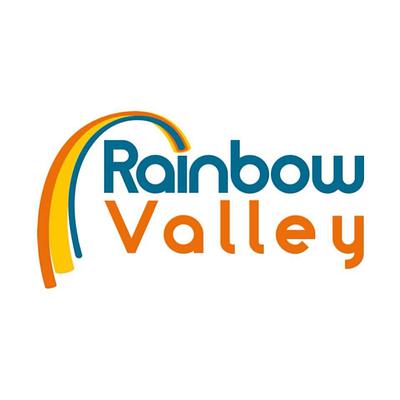

The 7 Steps to Health Course will help you manage all aspects of your life throughout cancer and beyond your treatment. We merge the very best of science and spirituality to empower you to take control of your health.
This 2-day residential course treats each person individually at a fundamental and profound level with the aim of establishing a healthy, balanced underlying state, enabling the body’s own healing mechanisms to operate at optimum level and restore health and control.
All steps are interlinked, influencing many structures within the body eg musculoskeletal, nervous, cardio-vascular, energy & immune systems, organs, connective tissues & fluids, providing benefits on many different levels to enhance health, strength and vitality. Our courses provide people affected by cancer with the tools to undertake a programme of self-management by exploring goal setting, action plans, stress management and self monitoring. All of this is within a tranquil setting, away from the hospital environment and every day distraction.
During the two day, two night residential course, we will explore the following:
If you’ve had trouble sleeping during or after cancer treatment, you’re not alone. Up to half of cancer patients don’t sleep well at some point. Trouble sleeping, also referred to as “sleep disturbance,” includes insomnia, restless legs syndrome (RLS) and fragmented sleep. Insomnia is the most common, with up to 80 percent of cancer patients having difficulty falling and/or staying asleep. Cancer patients are twice as likely to experience insomnia as people without cancer.
“Without sleep, the body becomes even more stressed, which can interfere with its ability to fight cancer,” Dr. Altshuler says. “In fact, lack of sleep can depress the immune system, as well as hamper recovery from major illness or injury.”
Learning and finding ways to implement manageable exercise – exercise gets the oxygen flowing, nourishing our cells and can help speed up recovery. In the past, cancer patients were advised to minimize the amount of exercise they engaged in to avoid overexertion and fatigue. However, the new guidelines recommend cancer patients and survivors should exercise as much as their health will allow without causing medical issues. But remember to discuss the appropriate amount and intensity of your workouts with your care team to devise a safe and effective plan.
Consolidation of the course will show you how everything that you think, do, eat, breathe, has an impact on your cells and therefore your health.
Managing the emotional and physical impact. Our cells are not aware of the difference between what we see with our eyes and what we can visualise. A good or bad memory can stir up the same emotions as when the actual event happened.
Developing a deeper awareness of why & how to nourish our bodies during times of treatment or stress. Eating a well-balanced diet and staying nourished during cancer treatment can keep you strong and provide the nutrients your body needs to tolerate and recover from treatment. The stronger the body, the faster it can heal.
Your thoughts and emotions can impact your physical health. Emotions that are freely experienced and expressed without judgment or attachment tend to flow fluidly. On the other hand, repressed emotions (especially fearful or negative ones) can zap mental energy and lead to health problems.
Now this is the biggie. Learning a sequence of stress management techniques to reduce stress & aid sleep through nurturing our energy. Continuous stress has a massive impact on our bodies – it compromises the immune system, metabolic balance, and the capacity for self-healing & leads to so much disease and breakdown of cells.
Address: 13 Main Street, Milingavie, Glasgow, G62 6BJ
Phone Number:
0141 956 6777Email Address
kendall@rainbowvalley.org.ukSocial Media
/rainbowvalleycharity @rainbowvalleycharity @rainbowvalleyuk